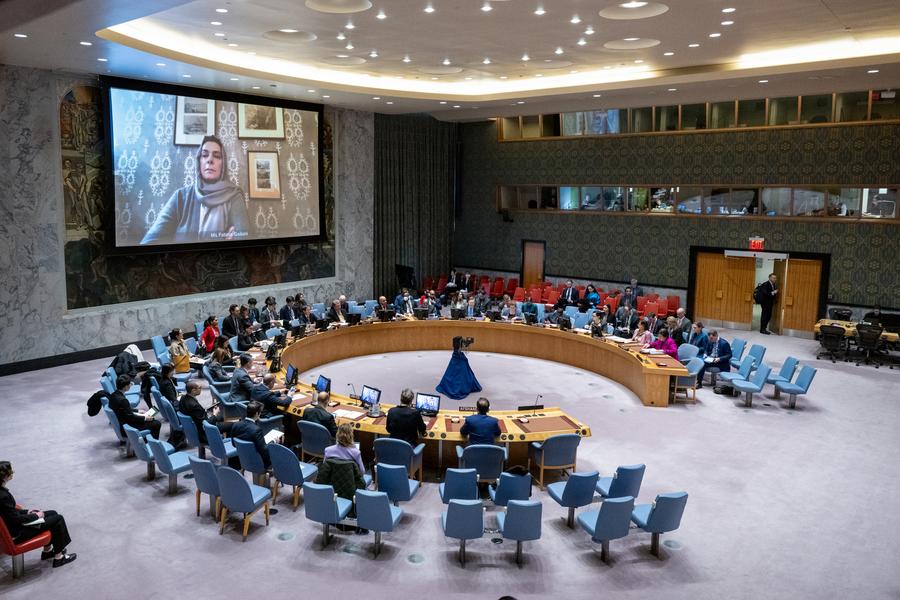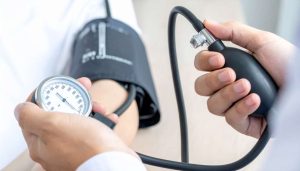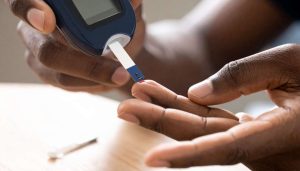By setting price ceilings on essential medicines based on average market prices, India successfully kept out-of-pocket costs low while still ensuring manufacturers made sustainable profits
India’s focused public health strategies—centered on generic medicines, free drug distribution, and medicine price ceilings—have significantly improved hypertension control across the country, according to the World Health Organization (WHO). The global health body cited India’s model in its Global Report on Hypertension 2025 as an example of how targeted policy interventions can deliver measurable health gains.
Hypertension, or high blood pressure, is a leading risk factor for heart attacks and strokes, yet it often goes undiagnosed or untreated—especially in low- and middle-income countries. In India, however, recent reforms have transformed the way the condition is managed.
A key turning point was the launch of the India Hypertension Control Initiative (IHCI) in 2018-2019. The programme provided a steady supply of quality-assured, generic antihypertensive medicines in public clinics. The initiative also introduced simplified treatment protocols, trained healthcare workers, and established robust procurement systems to ensure availability at the grassroots level.
WHO noted that the National Free Drugs Service Initiative, along with Jan-Aushadhi generic medicine stores and the role of the National Pharmaceutical Pricing Authority (NPPA), played a crucial role in improving access and affordability. By setting price ceilings on essential medicines based on average market prices, India successfully kept out-of-pocket costs low while still ensuring manufacturers made sustainable profits.
This comprehensive approach is already showing results. Before these reforms, only about 14% of hypertensive adults in India had their blood pressure under control. But recent data from states like Punjab and Maharashtra show control rates as high as 70–81% among patients receiving protocol-based treatment and regular follow-up. Systolic blood pressure dropped by an average of 15–16 mmHg in these cases—an important clinical improvement.
The WHO emphasized that this is more than just a medical achievement—it’s an economic win. “Public investment in affordable, accessible antihypertensive medicines not only enhances clinical outcomes but also reduces the economic burden of cardiovascular disease,” the report stated. The prevention of strokes, heart attacks, and related complications brings a strong return on investment for the healthcare system.
Globally, the situation is still concerning. Over 1.4 billion people were living with hypertension in 2024, but only one in five had their condition under control. The WHO also found that 99 countries have national control rates below 20%, and many low-income nations lack basic access to recommended medicines.
India’s strategy stands out as a model for scalable, cost-effective public health reform. With more countries seeking to improve outcomes for non-communicable diseases, India’s success in hypertension management offers a clear roadmap for better care through policy-driven action.













